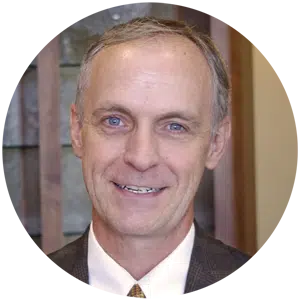Buechner readies road show to kick off TLE fund-raiser
BOULDER — Let’s say you’re a chief executive officer or an entrepreneur who wants to invite the University of Colorado’s president, John Buechner, into your executive boardroom to discuss a proposal and the possibility of making a contribution.
Maybe you’ve decided to donate directly to the CU Foundation or instead give to Buechner’s own Total Learning Environment initiative, where you specifically can earmark where you money goes.
Wouldn’t it be disappointing to learn he’s usually booked solid six months in advance? Because, in fact, he is. Don’t give up, however.
…
THIS ARTICLE IS FOR SUBSCRIBERS ONLY
Continue reading for less than $3 per week!
Get a month of award-winning local business news, trends and insights
Access award-winning content today!

